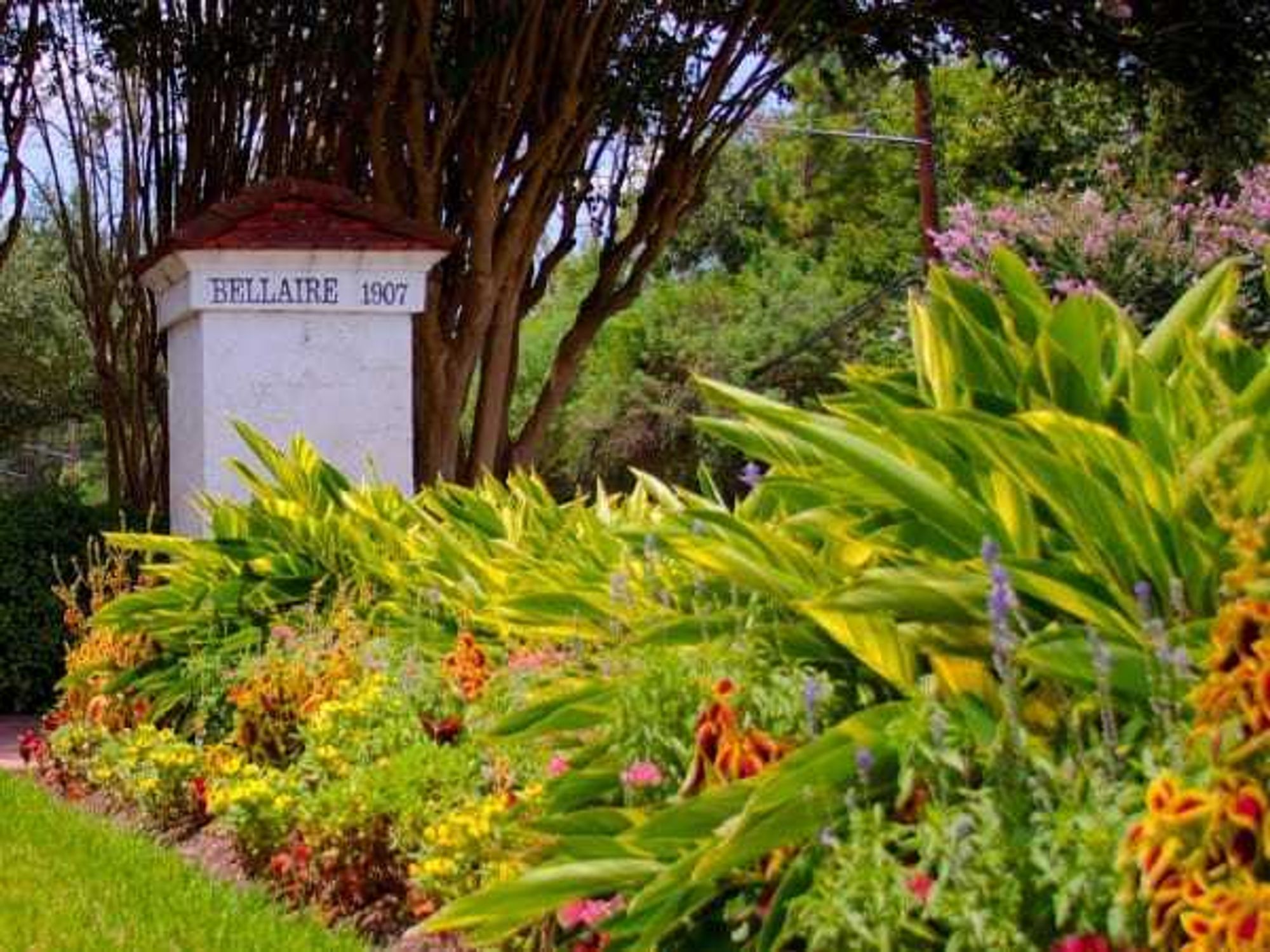Animal Planet
Dallas passes new ordinance banning tethering of animals
UPDATE: A tethering ban went into place on February 1. The new law allows tethering only if the owner is present, and with a properly fitted collar or harness. The tethering device cannot be attached directly to a dog's neck. The entire ordinance can be found online at DallasCityHall.com.
-----------------
Many issues involving animals generate brisk debate, but tethering is one on which everyone seems to agree. Tying up a dog by a rope or chain is not a good thing. Tethering bad.
And yet there's an ordinance being proposed for the city of Dallas that would allow tethering under certain circumstances.
Tethering is just one of a series of updates to animal laws in the works, along with new rules for intact permits and for making Dallas' animal shelter its own department, no longer part of Code Compliance.
But the tethering portion has generated the most discussion. The Animal Advisory Commission, which makes recommendations on animal policy to the Dallas City Council, approved the new ordinance on April 27, though not unanimously. [Disclosure: I'm a member of the commission but was absent from the meeting.]
In response, an anti-tethering petition is being circulated urging city lawmakers to vote against it, calling it a step backwards. The ordinance will first be reviewed by a city council committee on May 22, then sent to the full council.
Dallas has a tethering law on the books now: An "anti-tethering" ordinance was enacted in 2008 making it illegal to tether or leash an animal unless the owner is there. It was a first step. The sole factor with that ordinance is length of time: An animal can't be tethered for more than three hours.
But animal control, police officers, and the city's legal department have said it is unenforceable, because it requires them to observe the dog for three hours.
The new ordinance, referred to as "humane tethering," would add factors such as access to food, water, and shelter, that authorities say would make it easier to enforce.
The tethering topic is on the table as part of a bigger dialog about animals in Dallas and Texas. Dallas has been trying to solve its loose dog problem for a number of years and has recently stepped up enforcement, mostly in southern areas where there are more dogs running loose.
A similar bill is being presented to Texas legislators. House Bill 1156 and Senate Bill 1090 would set minimum standards for tethering dogs, including banning the use of chains, defining what "adequate" shelter is, and guaranteeing access to food and water.
Say the word tethering, and the image that comes to mind is the sad-looking dog stuck on the end of a rope — much easier to lament than a dog enclosed inside a run or pen, says Amanda Arrington, founder and director of a group called Coalition to Unchain Dogs.
"Tethering gets a stronger reaction because it's so visual," Arrington says.
Tethering has also been shown to make dogs more aggressive. A study by the Centers for Disease Control found that chained dogs are 2.8 times more likely to bite, and that dogs most likely to bite are male, unneutered, and chained.
But the problem with bans is that they're ultimately discriminatory, Arrington says.
"A complete ban on tethering disproportionately impacts lower income pet owners," she says. "In Dallas that means disproportionately communities of color."
Pet owners who tether often can't afford to build a fence or other method to contain their animals, leaving tethering as their only alternative.
"Many landlords don't allow pets inside, or charge high deposits so that people couldn't bring their dog in even if they wanted to," Arrington says. "It would essentially become a 'mandatory fence ordinance' for a large chunk of people in the city."
She says that a ban could make it impossible for some residents to own an animal at all. "Does Dallas want to make pet ownership only available to people of a certain wealth?" she asks.
Arrington has spent many years working on animal issues, including helping to administer an outreach program in Dallas. She says that the majority of people who tether their dog do it because of a lack of options, not by choice. "Tethering is a symptom of poverty, not of cruelty or neglect," she says.
Tethering laws get caught between the idealism of wanting animals to be treated well versus the pragmatism of trying to improve animals' plight in the real world, says Skip Trimble, director of Texas Humane Legislation Network, which is the group presenting the tethering bill to the state.
"Prohibiting tethering is much better, but in Texas, particularly within the rural community, it's impossible to pass," he says.
Major Barbara Hobbs, currently serving as director of Dallas Animal Services, supports the ordinance as one step on a journey towards better legislation.
"We're acknowledging tethering happens — but this can make it happen in a more humane way as best as we can make it right now," she says. "We recognize that it's not the best, it's not perfection, but these are incremental changes as we move forward on this, and as society moves forward."
The moving forward part is where Arrington focuses. "Nobody is for tethering at all, but if we want to eliminate it as a practice, how do we get there?" she says. "Just saying something shouldn't happen and isn't legal doesn't always address the circumstances or change behavior.
"I’ve learned over the last 10 years, and as part of the first fence building program in the country, that the solution to tethering is not punishment, it's providing support and alternatives," she says. "We have built fences for thousands of dogs and helped organizations across the country start similar programs."
The biggest positive for Dallas is that there's a conversation happening around animal issues.
"Specifically how it's connected to human issues, and especially how poverty plays into the lives of animals," she says. "There's beginning to be the recognition that there's an area that has gone without resources, and it's not because people don't care or people are bad. A few years ago, that conversation didn't exist."


 David and Melissa Loder's Elf Town is on Penbrook Court in the Deerfield subdivision of Plano. Photo courtesy of David and Melissa Loder
David and Melissa Loder's Elf Town is on Penbrook Court in the Deerfield subdivision of Plano. Photo courtesy of David and Melissa Loder